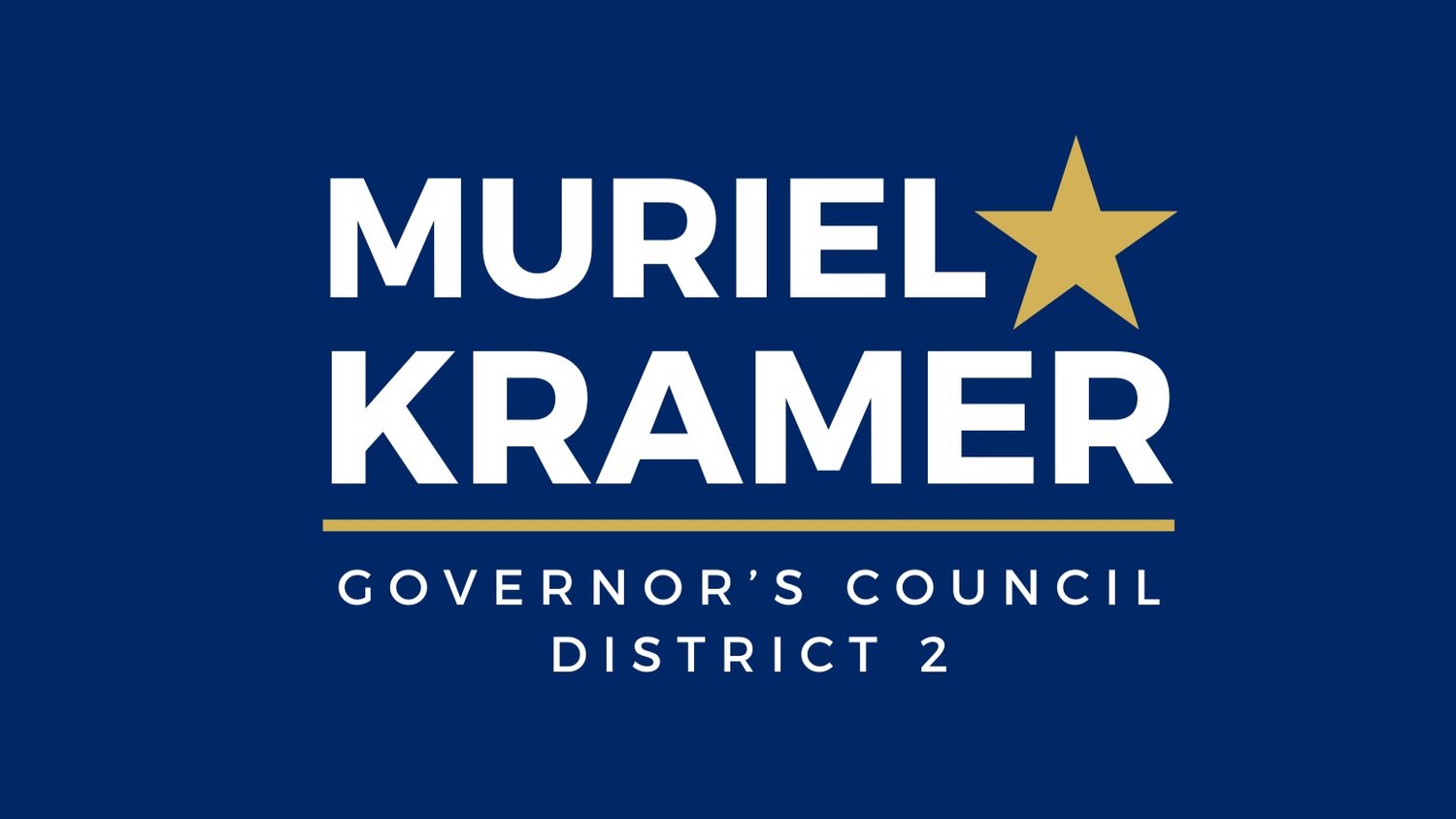FAQ
-
The Governor’s Council considers and appoints judges, clerk magistrates, parole board members, as well as appointees to the Appellate Tax Board and the Industrial Accident Board. They also consent to appointments of justices of the peace and notaries public. The Council acts on pardons (relief from some or the entirety of a legal sentence) and commutations (lessening of a legal sentence) as recommended by the Governor while also considering some bills and payments.
-
Absolutely not! In fact, it would be better for the Council to have new voices, new perspectives, and new areas of expertise.
As a licensed clinical social worker with experience working with individuals experiencing homelessness, mental health concerns, and substance use disorder, I bring a valuable and very needed perspective to the judicial appointment process.
-
Experience, temperament, and a growth mindset to consider needed changes in the justice system to advance equity, promote treatment, and address systemic racism.
-
Massachusetts Bail Fund
While volunteering with the MA Bail Fund, I learned so much about the intricacies of our justic system. Being held on bail ruins lives. People can lose their kids, their homes, and their jobs. They lose their ability to vigorously defend themselves as our Constitution holds as everyone’s right because they are often forced to accept plea deals to try to recover their lives.
Bail cannot legally be used to intentionally detain someone pretrial. Yet, people can and do serve pretrial sentences that are often lengthy unless they can afford bail or they plead guilty.
Justice shouldn’t only be available to those who can afford it.
Licensed Clinical Social Worker
We need the voices of those most affected by the justice system to be represented in the review and appointment process for judges, clerk magistrates, and parole board appointees. These positions have a tremendous power in shaping the system of the future.
I have professional experience working with individuals experiencing homelessness, substance use disorder, and poverty. We need advocacy for treatment, diversion, and restorative practices to address the inequities in the system.
Government
I have served in a variety of elected and appointed positions in Hopkinton town government for twenty years including two terms on the Select Board. I served as Chair for 3 of those 6 years. I have also served on the Planning Board and as the Deputy Town Moderator. I have extensive experience with the processes and procedures of local and State government, and I look forward to bringing my experience to the Governor’s Council.
-
In the last fifty years the incarcerated population in MA has increased 309%. And while progress is being made to reduce the incarcerated population in MA, much more needs to be done.
Massachusetts has the lowest incarceration rate in the US but still ranks 17th in the world, higher than Iran, Colombia, and most Democratically run countries.
Black, Indigenous and other People of Color (BIPOC) individuals are dramatically over-represented and incarcerated –at rates up to 6 times greater than White individuals, and they face compounded risk at every juncture. They are arrested more frequently, charged more severely, and sentenced more harshly than White individuals – this is true in Massachusetts and true across the country.
As legal scholar Michelle Alexander notes in her book The New Jim Crow: Mass Incarceration in the Age of Colorblindness, once incarcerated, people are stripped of the “right to vote, the right to serve on juries, the right to be free of legal discrimination and employment, and access to education and public benefits…"
People with mental illness and substance use disorder are also dramatically over-represented in all jails and prisons reportedly at rates up to 70% of the incarcerated population.
Research shows that 55% of the male and 73% of the female jail population has mental illness; 42% of those also have co-occurring substance use disorder. With an additional 24% with substance use disorder only.
Treatment works and must be the priority; incarceration adds to the risk of poor outcomes.
For individuals with substance use disorder, their overdose risk is 40-60% greater than the general population in the first two weeks following any period of incarceration.
In Massachusetts 62% of the jail population is being held pretrial. Most are legally entitled to their freedom while waiting trial, but can’t afford it.

